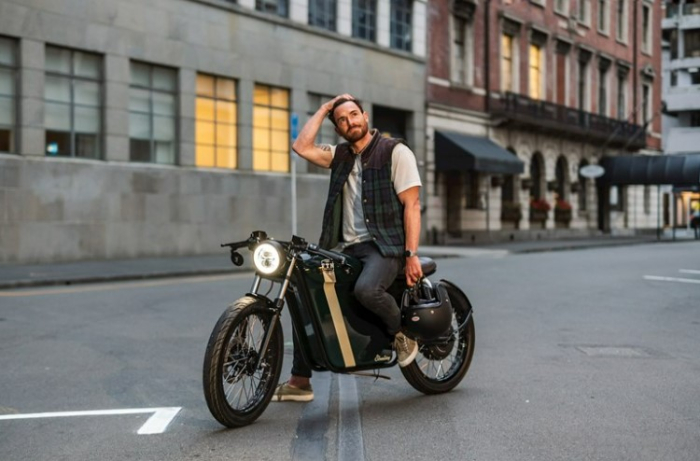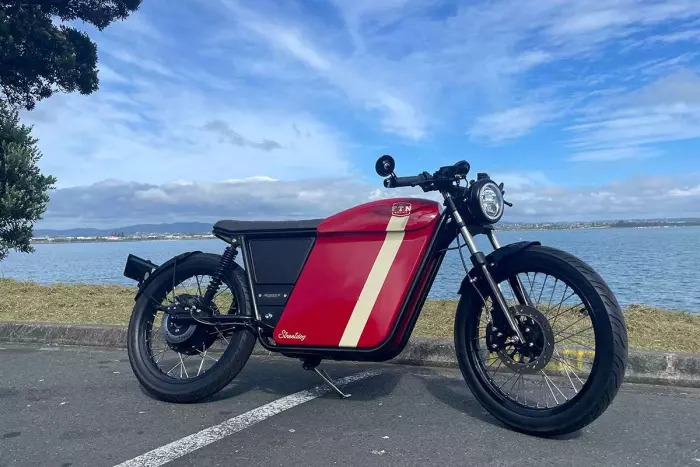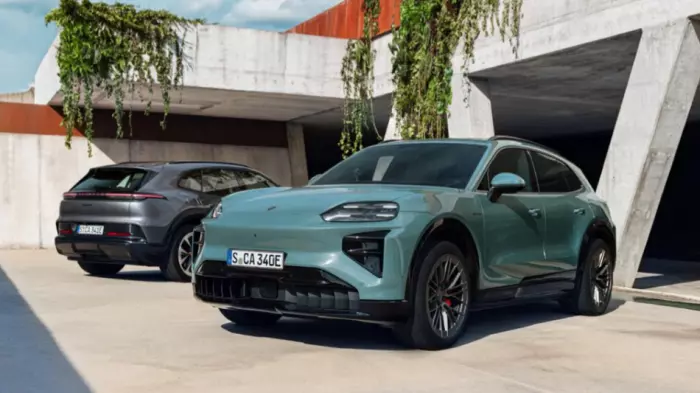Riding the FTN Motion Streetdog is a little like gliding along on a cloud.
It is so quiet you wonder what is going on. Where has the noise gone?
In a one-day loan of the Wellington-made electric moped, the Streetdog generally just feels like it is going much faster than 50km/h, which is a speed plenty of e-scooters and e-bikes can reach.
FTN Motion is now the only New Zealand vehicle manufacturer, with its marquee product selling for a hefty $12,000.
The team is currently building its first 100 bikes, with the second round open for purchase now, based in its workshop in Wellington’s Haining Street.
It's also currently in the market looking for additional investment of $5 million to help it scale up production and reduce the per-unit cost.
The other Kiwi electric-bike contender, UBCO in Tauranga, has a Chinese contract manufacturer, but is more mature than FTN. It is heavily focused on the farm and off-road market in NZ and the US and has sold more than 4000 bikes so far. These are priced from $7000.
But sorry, UBCO, there is no doubt the Streetdog is a much more elegant electric moped.

Riders do not need a separate motorbike licence for the Streetdog. (Image: FTN Motion)
I got one of the first production models for a day. The ride was incredibly smooth. I hadn't ridden a motorbike since I was 16 so my comparison set was zero, but the vibe felt good.
The public reaction was interesting. A fair few people gave me a thumbs-up, etc, and a lot appeared genuinely shocked to see the e-moped glide silently past.
Parking it is easy. Traffic can be avoided. It's allowed in bus and transit lanes, so getting across town is much faster than normal, and more fun.
Its speed is limited to 50km/h and, because it's rated as a 50cc bike, riders do not need a motorbike licence – just a standard car one. It is powered by a 3kW motor on the rear wheel, paired with a 2.9kWh battery that can charge from 0-100% in 5.5 hours from a standard power outlet.
It has a “real-life” range of 80km.
The speed and other details are shown on a centre-mounted touchscreen, which works well even in full sun.
The bike is unlocked using a keyfob on the side panel, which is great.
The buttons felt a little DIY kit to me, though. Numerous times I pressed the horn when intending to signal a turn signal because the buttons are just a centimetre apart.
The bike weighs just shy of 80kg (the battery is 15kg) and the central compartment where the motor and petrol tank “should” be are storage, made from a hemp-based material. That 30 litres of space is a godsend after shopping or heading to a friend’s place with supplies for dinner.
The Streetdog comes with an alarm that makes lots of noise and locks the wheels if anyone messes with it.
There are a couple of buttons for starting and stopping the bike and you need to know what you are doing here, as it is not intuitive.
That is not necessarily a criticism – it will help with theft protection if the thief cannot start the bike without knowing about the three-second press needed before riding it.

Michel Roncara (above) says the company is eyeing exporting the Streetdog to Australia next year and then further afield after that. (Image: FTN Motion)
General manager Michel Roncara says that next year, FTN Motion aims to produce 800 bikes and to begin exports to Australia. The intent is to keep manufacturing for NZ and Australia in Wellington (though in a bigger facility) but to look at overseas production for other markets.
The $5m capital raise will come from existing and wholesale investors – FTN is not considering a crowdfunding approach.
Roncara would like to see electric scooters included in the government’s clean car rebate scheme. An $8,000 subsidy on a $12,000 Streetdog would be a game changer for the country.
FTN Motion is looking at making a bike capable of doing 70km/h, and eventually wants to produce a full-speed electric model.
But back to the test ride. I did not expect that a trip from the Auckland CBD out to Pt Chevalier could be so much fun. For the first time, I understood the appeal of motorbikes.
My younger daughter said I looked like a total nerd on the Streetdog, but a happy one. Sounds about right.
This story has been updated to correct the number of bikes being built, and the location of the workshop.















